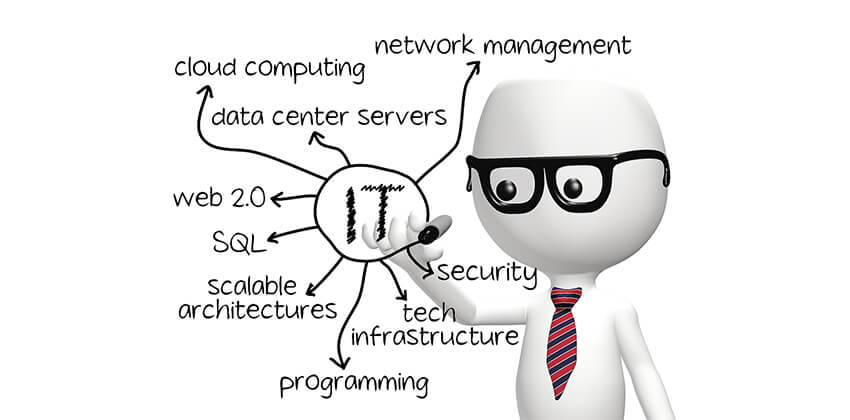
You may enjoy laughing at sit-coms and movies that feature workplaces with awkward situations, but it’s rarely fun to be the protagonist at the center of the controversy. And, it certainly won’t help you to succeed in your job search.
In honor of the finale of NBC’s The Office, here are three common scenarios to avoid when applying for jobs. These scenarios frequently make top ten lists of employer pet peeves.
1.Declaring that you are the “ideal candidate” in a cover letter.
Why this doesn’t work: If you don’t know the organization and haven’t seen the applications of the other candidates, this isn’t a judgment call that you can make.
This may be the standard line in hundreds of cover letter templates, but I’ve never seen it convince an actual employer to hire based on this assertion.
What to do instead: Say why you’re applying for this particular position and briefly relate it to your interests and/or experience.
I’m especially interested in applying for your environmental consulting position as I majored in Environmental Science in college and have completed two internships that were similar to the work you do in wetlands preservation.
2.Saying, “I’ll Do Anything”
Why this doesn’t work: When employers hire, they seek the candidate with the most relevant skills – and personality fit – for the job. Most of us aren’t equally good at everything we do – and a job that doesn’t fit our strengths can feel like writing with the wrong hand.
What to do instead: Know your strengths, what you do well, and how you could put these skills to work if you were hired. Listen to what the employer says they need, identify the skills you have that could help them, and make that work for you.
You need someone to help you with invoicing? I’ve done my dad’s invoices for his business for the past three summers. QuickBooks is great.
3.Asking about salary or the vacation plan before you get the offer.
Why this doesn’t work: Ideally, you want to show your potential employer that you understand what the job entails – and that you’re interested in the work itself, first and foremost. If you haven’t done your homework and tell them a salary that’s way under or over – you may get a laugh and a dismissal instead of a paycheck.
What to do instead: If an employer asks you about salary, follow the guidelines recommended by Job-Hunt’s Recruiting Expert Jeff Lipshultz in his article, The Starting Salary Question.
Bottom Line
Treat your potential employer like you would a first date. Be polite. Express interest in learning about others before you talk about yourself. Get to know each other first – before you start asking about long-term plans. Then let us know how it works for you.
 About the author…
About the author…
E. Chandlee Bryan, M.Ed.(@chandlee) is a career advisor at Dartmouth College. A certified career coach and resume writer, Chandlee’s experience includes working as a recruiter, facilitating one of Manhattan’s largest job search meetups, and serving as the resume expert for a national Microsoft campaign. She is a co-author of The Twitter Job Search Guide (JIST 2010).
More about this author…
Don't forget to share this article with friends!




